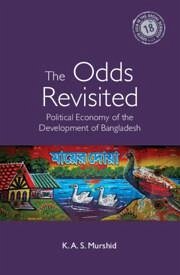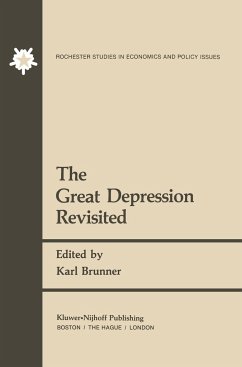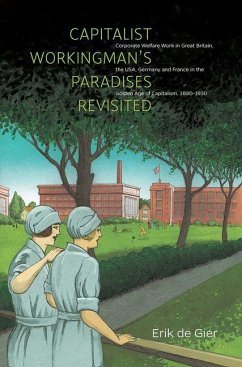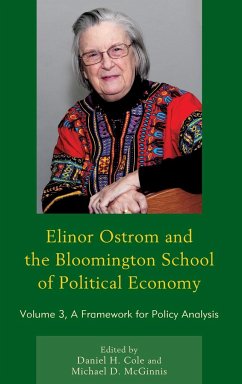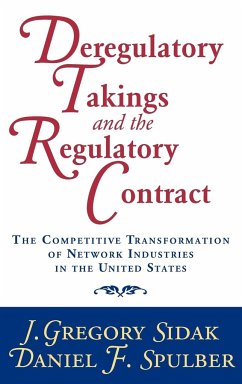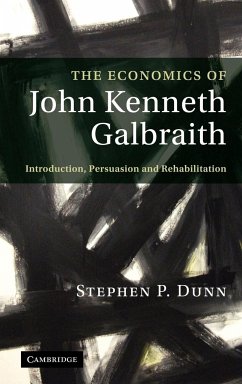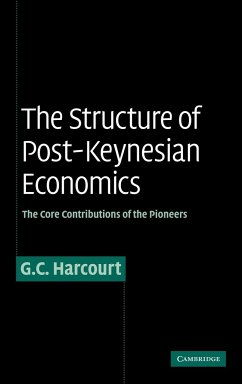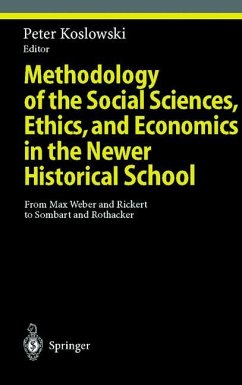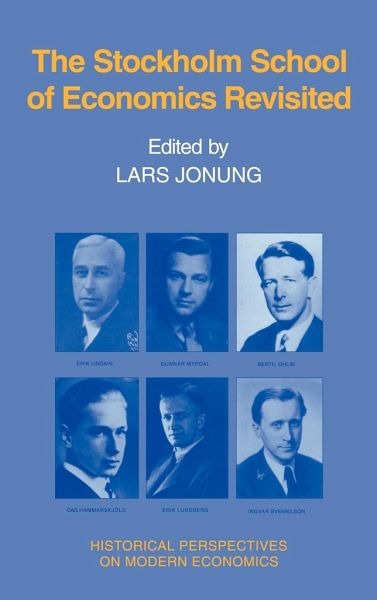
The Stockholm School of Economics Revisited
Versandkostenfrei!
Versandfertig in 1-2 Wochen
177,99 €
inkl. MwSt.

PAYBACK Punkte
89 °P sammeln!
In this volume leading scholars look at the heritage and impact of the important work done by the Stockholm School from the 1920s to the present. The first part of The Stockholm School of Economics Revisited covers the early years and is followed by an extensive review of the approaches to economics adopted by the school. A number of contributors investigate the Stockholm School's relation to and impact on their own work, the work of other economists, and the approaches pursued by other schools. A final round-table discussion delves into the question 'What remains of the Stockholm School?' A r...
In this volume leading scholars look at the heritage and impact of the important work done by the Stockholm School from the 1920s to the present. The first part of The Stockholm School of Economics Revisited covers the early years and is followed by an extensive review of the approaches to economics adopted by the school. A number of contributors investigate the Stockholm School's relation to and impact on their own work, the work of other economists, and the approaches pursued by other schools. A final round-table discussion delves into the question 'What remains of the Stockholm School?' A readable collection for anyone interested in economic history, history of economic thought, or the ideas lying behind Swedish economic policy.





